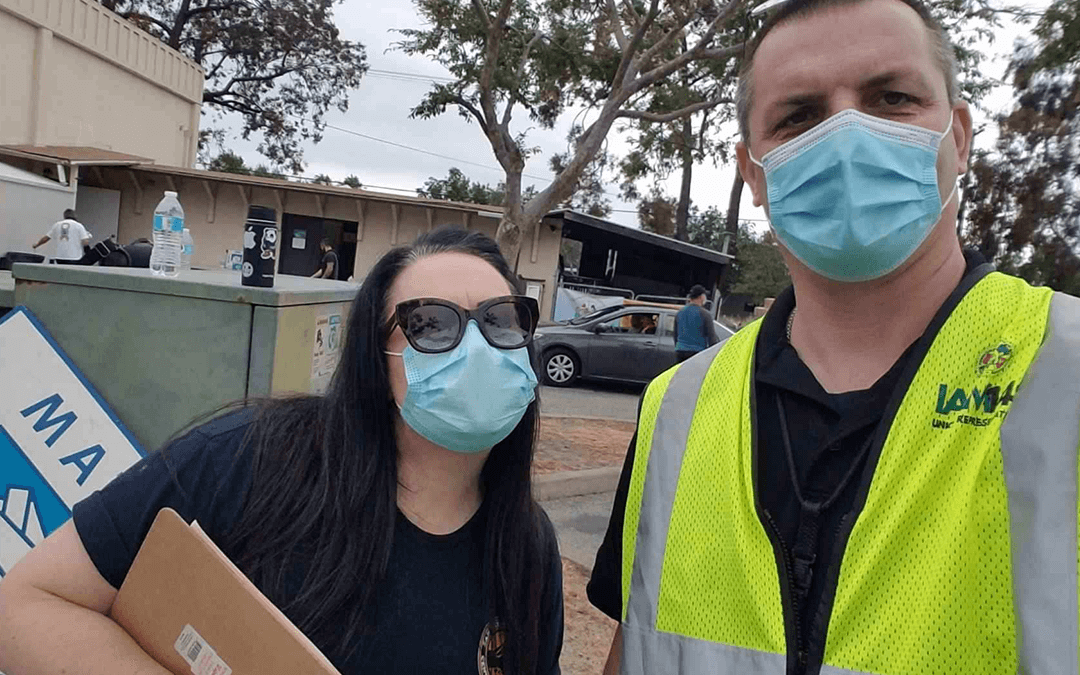
by Eric Price | Jul 29, 2020 | Airlines, American, COVID, Featured News, Front Page, MNPL, Organizing, Row 2, Uncategorized, United
The IAM along with other aviation unions are lauding 223 bipartisan members of Congress for calling for an extension of the CARES Act Payroll Support Program (PSP) through March 31, 2021. The program, which allocated grants to commercial airlines and airline...
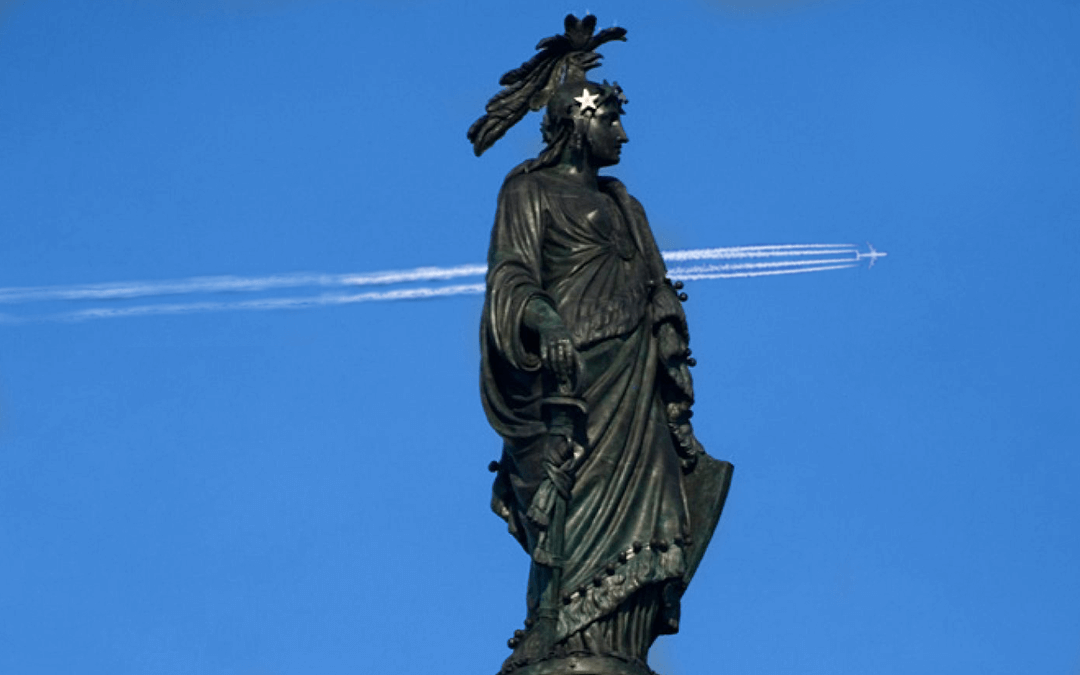
by Eric Price | Jul 28, 2020 | Airlines, American, COVID, Featured News, Front Page, MNPL, Organizing, Row 2, Uncategorized, United
More than 200 members of Congress have signed a letter supporting a union-backed plan that would prevent mass airline furloughs this fall. The letter, written by the Chair of the House Committee on Transportation and Infrastructure, Representative Peter DeFazio...
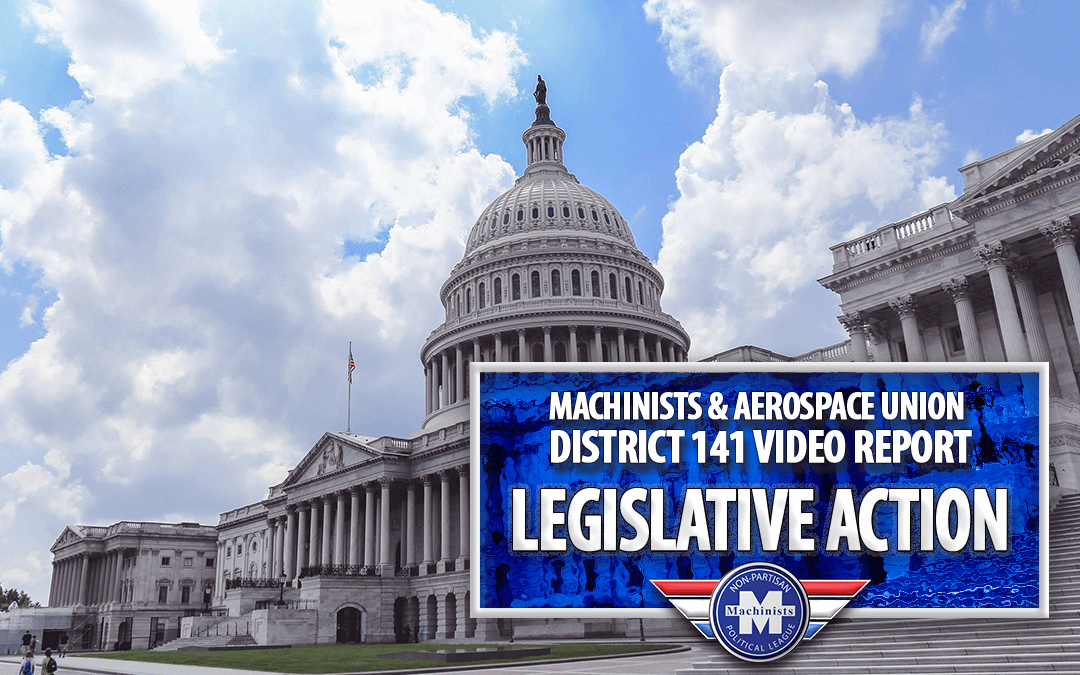
by Eric Price | Jul 24, 2020 | Airlines, American, Featured, Front Page, MNPL, Row 2, Uncategorized, United, Video
IAMAW District 141 Video Report: Legislative Action to Prevent Airline Furloughs IAMAW District 141 Legislative Director David Roderick Discusses Legislative Efforts to Extend the CARES Act Furlough Protections This week’s 141 report is about Legislative action...
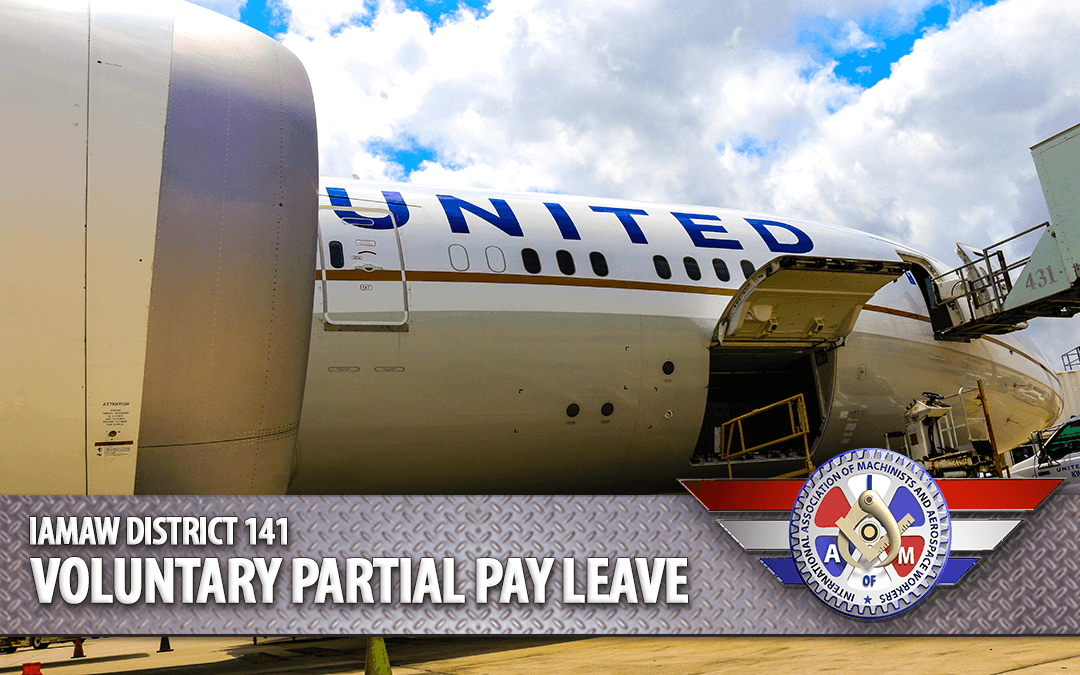
by Eric Price | Jul 23, 2020 | Airlines, COVID, Featured, Front Page, MNPL, Row 2, Safety, Uncategorized, United
July 24, 2020 To IAM-represented workers at United Airlines: IAM District 141 and United Airlines have come to an agreement for a new 12-month Voluntary Partial Pay Leave (VPPL) program. The VPPL will provide 25 percent pay continuation, medical and dental coverage at...
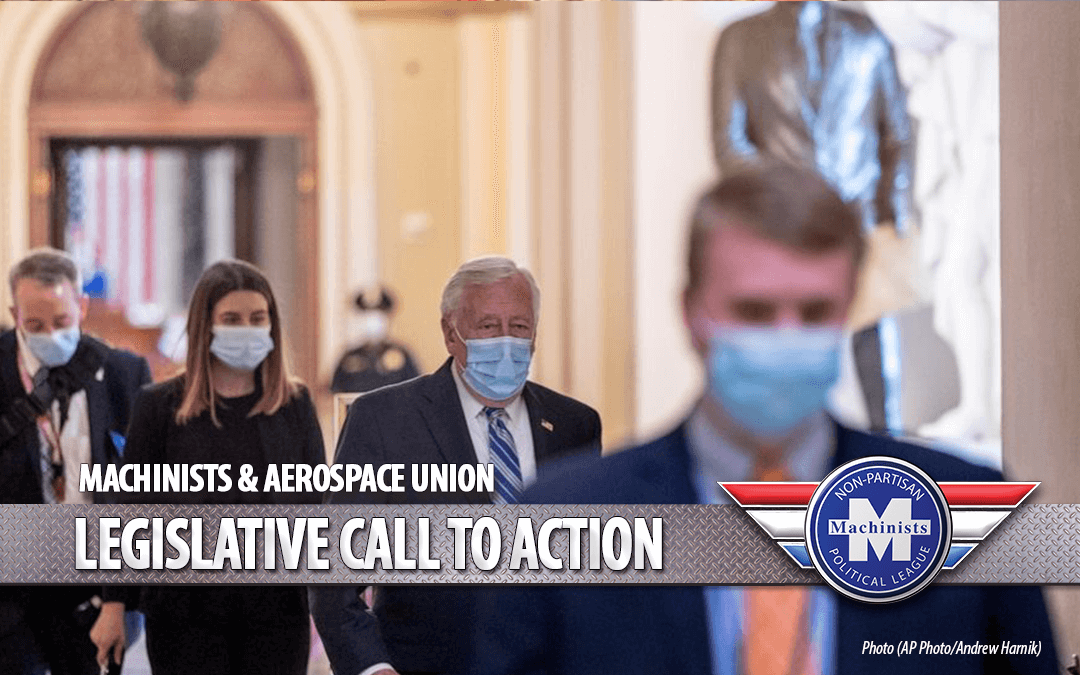
by Eric Price | Jul 22, 2020 | Airlines, COVID, Front Page, MNPL, Row 2
Ask Congressional Leadership to Save Hundreds of Thousands of Airline Jobs In March, as U.S. COVID-19 cases began rising exponentially, Congress rose to the occasion by enacting the CARES Act to provide assistance to tens of millions of Americans who found their...
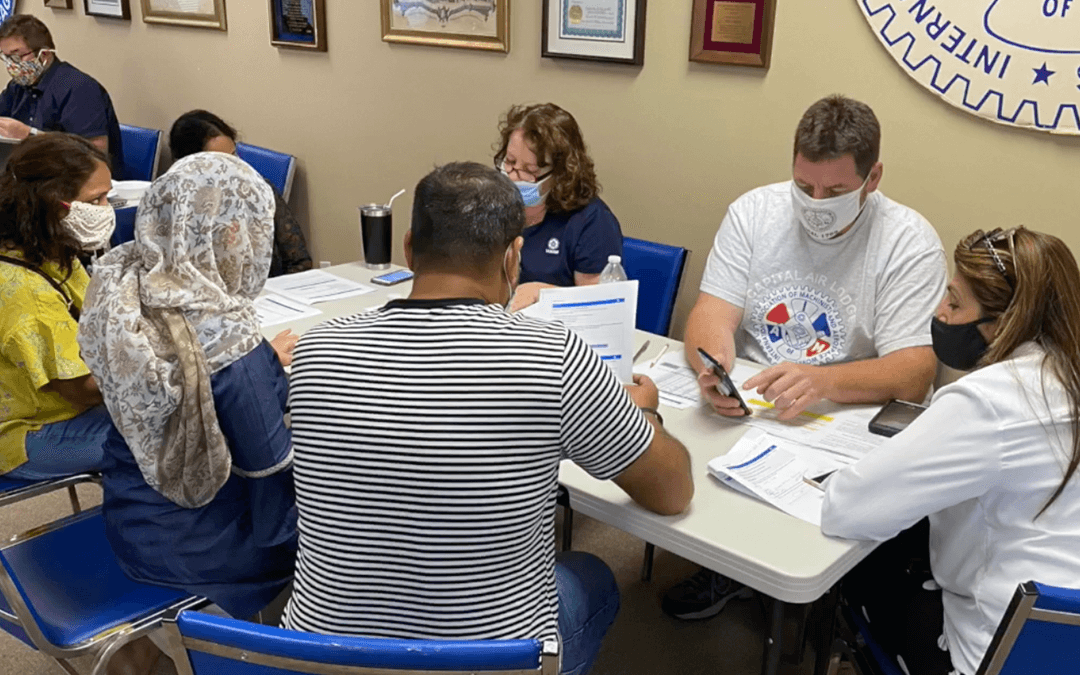
by Eric Price | Jul 21, 2020 | Airlines, Community Service Page, COVID, MNPL, Organizing, Row 2, Uncategorized, Video
Local Lodge 1759 (DC Area) Holds Town Halls to Discuss Furloughs Capitol Air Lodge 1759 in Herndon, Virginia calls daily membership Q&A Sessions, 8-hours a day, for the next two weeks. IAMAW Local 1759 President, Bill Huston discusses the extraordinary efforts...







